Kuwait: The general body meeting of the Karnataka branch of Kuwait Kerala Muslim Association (KKMA), the largest social and community service organization of the Indian diaspora in Kuwait, was held at the Indian Community School Khaitan Auditorium on Friday, February 02.
The meeting started with a beautiful recitation of the Holy Quran by Master Mohammed Saihaan.
Nizam N, Vice-president of the KKMA Central Committee (Social Projects and Benefits), inaugurated the program while Karnataka branch General Secretary Mohammed Amin Sheik delivered the welcome address.
In his presidential address, Branch President Yusuf Rasheed highlighted the achievements of KKMA in various charitable social activities, including Family Benefit Scheme (FBS), Educational Scholarship Program (ESP), Kidney Dialysis Centers (KDC), Medical Assistance Program (MAP), Home for Homeless Deserved Families and Housing Improvement Program (HIP) and Magnet Team Service for the expat patients in Kuwait and repatriation of corpse to their home country. He also appreciated and thanked the team members for their selfless, dedicated service in the charitable activities.
Branch senior leader and Central Committee Development Vice-president Abdul Jabbar Gurpur presented the annual report detailing the past two-year’s activities and achievements of the branch. The finance report, which was presented by branch senior leader and Central Committee CFO Sayed Rafik, was unanimously approved by the members.
Active members of the branch Noushad Hussain, Firoz Abdul Samad, Najmuddin Usman Takey, D M Ansar and Irshad Nazeer Ahmed were felicitated for their excellent performance. Shoukath Shirva Waseem Hisham, Najmuddin and Mabiya Adam were awarded for their contribution to the membership campaign.
The existing committee was dissolved by President Yusuf Rasheed, following which, the new committee for 2024-25 was formed under the supervision of returning officer Muneer Kuniya, Treasurer, KKMA Central Committee. Yusuf Rasheed was unanimously elected as the new president of KKMA Karnataka Branch for the next two years.
The newly elected president Yusuf Rasheed expressed his gratitude for the opportunity provided by KKMA. He also thanked the State President SM Farook for his selfless service and sincere support in implementing the various socio-community services back home.
KKMA Karnataka Branch senior leader and Central Committee working president BM Iqbal briefed the various privileges available for KKMA members in Kuwait as well as in India from the various business firms such as clinics, hospitals and hypermarkets.
State President SM Farook, in his message after the election, congratulated the new office-bearers and highlighted the importance of charity and team work. One of the senior well-known social worker Janab Hassan Yusuf Kankanady complimented the newly elected management committee, and stressed on the importance of teamwork as it makes 'dream work'.
The new office-bearers of all six zones of the Karnataka Branch were introduced on the occasion. Senior leaders Mohammed Nazeer Bolar, Azhar Sheik, Syed Manipur, Abdul Latheef Shedia Nasser AV, Abdul Rahiman and audience members Mohammad Yusuf, Abdul Razzak and Abdul Sattar congratulated the new committee and extended their support.
KKMA Central President Ibrahim Kunil, General Secretary KC Rafiq, City Zonal Secretary Mohammed Rayies also graced the occasion.
The program was compered by Abdul Jabbar while FBS Vice-president Mohammed Yusuf Muniyam proposed the vote of thanks.
A large number of members, leaders and well-wishers attended the event, which was followed by a buffet dinner.
The newly appointed office-bearers for the year 2024-2025 are as follows:
Yusuf Rasheed – President
Abdul Rahiman Kana – Working President
Mohammed Amin Sheik – General Secretary
Sharief Ahmed Mulki – Treasurer
Vice-presidents:
Abdul Azeez Ghouse –Membership, Health Scheme, Privilege Card
Mohammed Yusuf Muniyam – FBS, MWS
Naushad Hussain – Relief Cell, KDRC
Mohammed Noufal – Magnet, Legal Cell, Employment Cell
Imthiyaz Abdul Kareem Surinje –Arts & Sports, Event Management
Hashim Ramlan – Skill Development, Moral Development (Religious)
Mabiya Adam Kadaba – Students Development, Family Club
Secretaries:
Shoukath Hussain Abba Shirva – Administration
Irshad Mulki – Communication
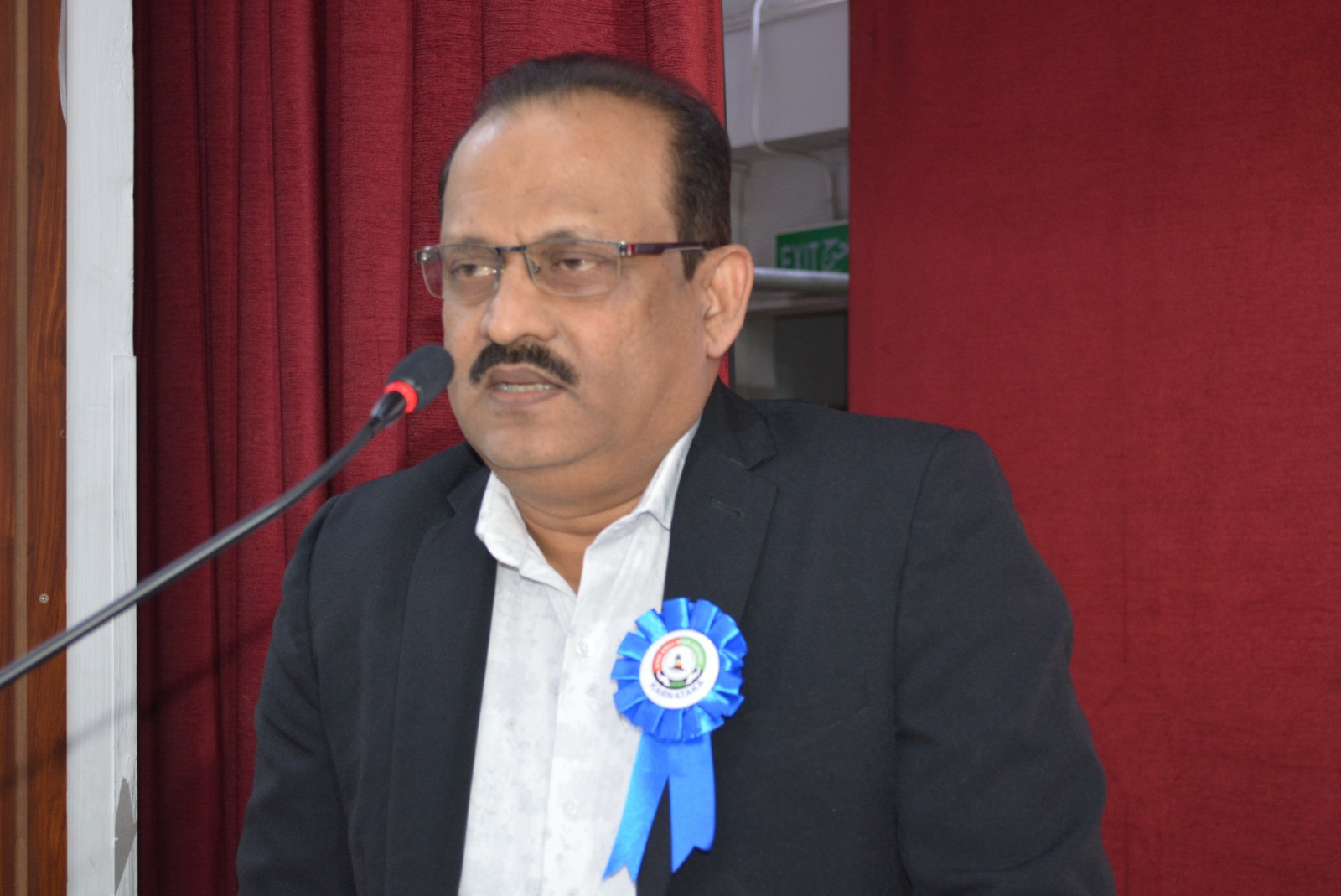
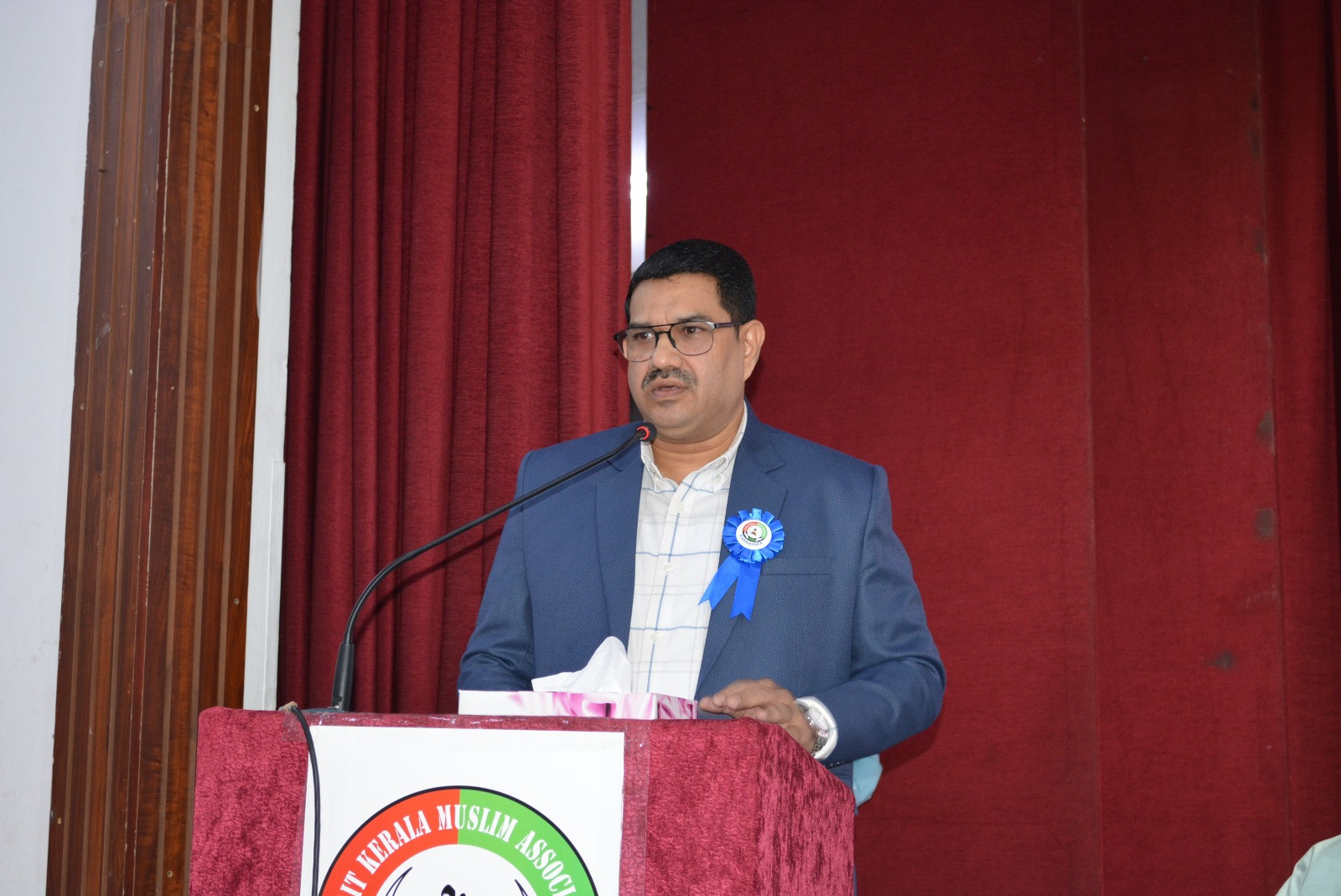
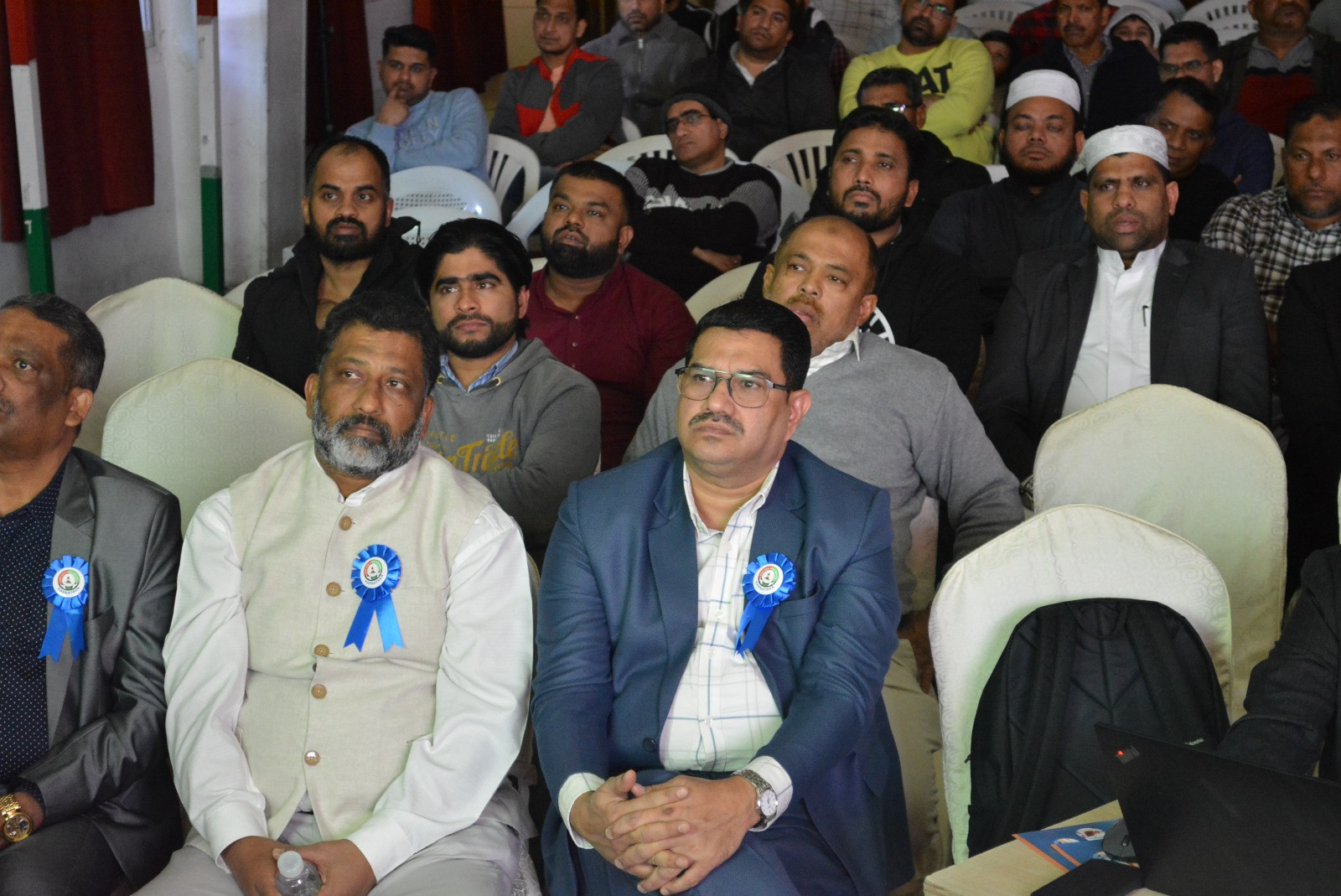
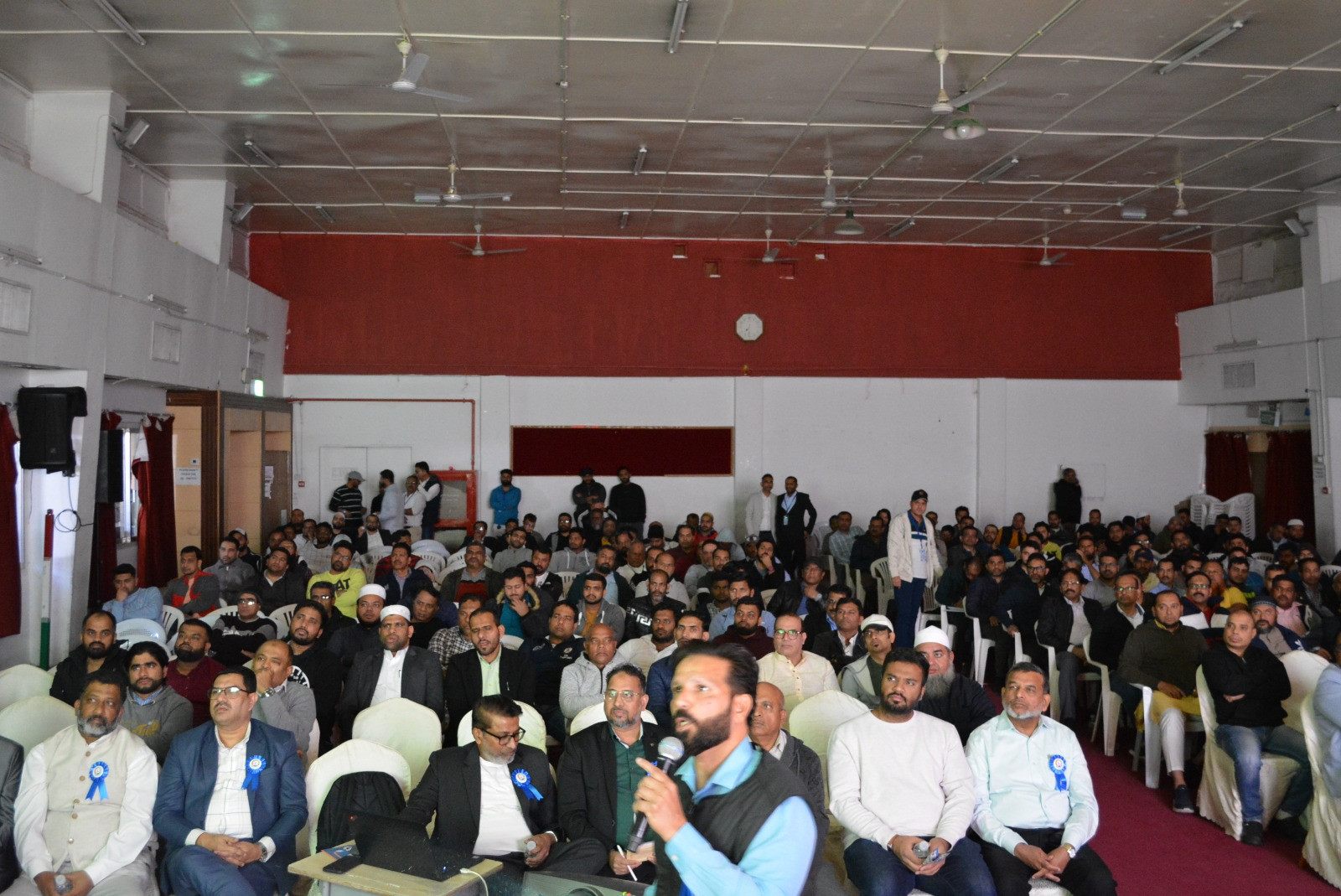
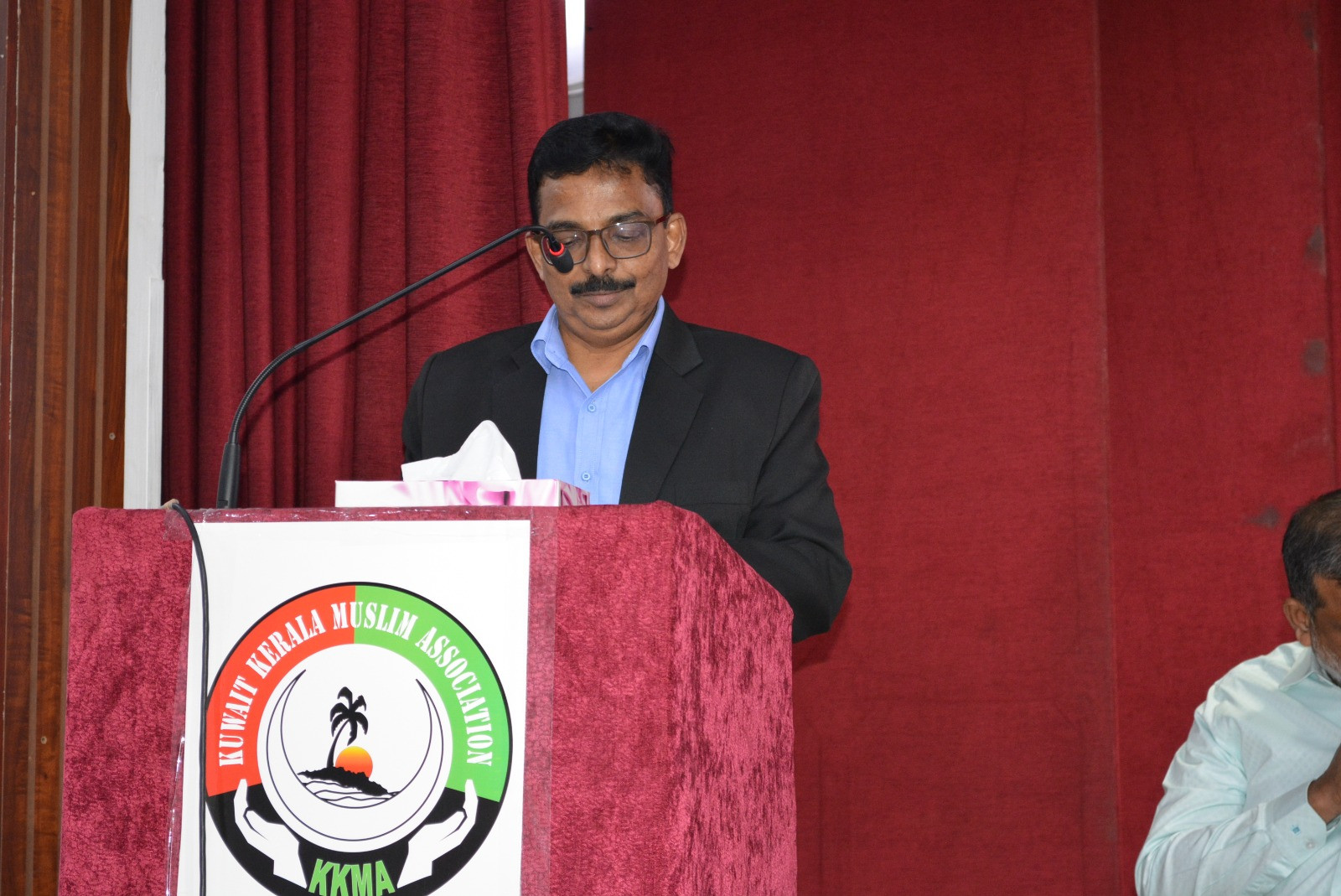
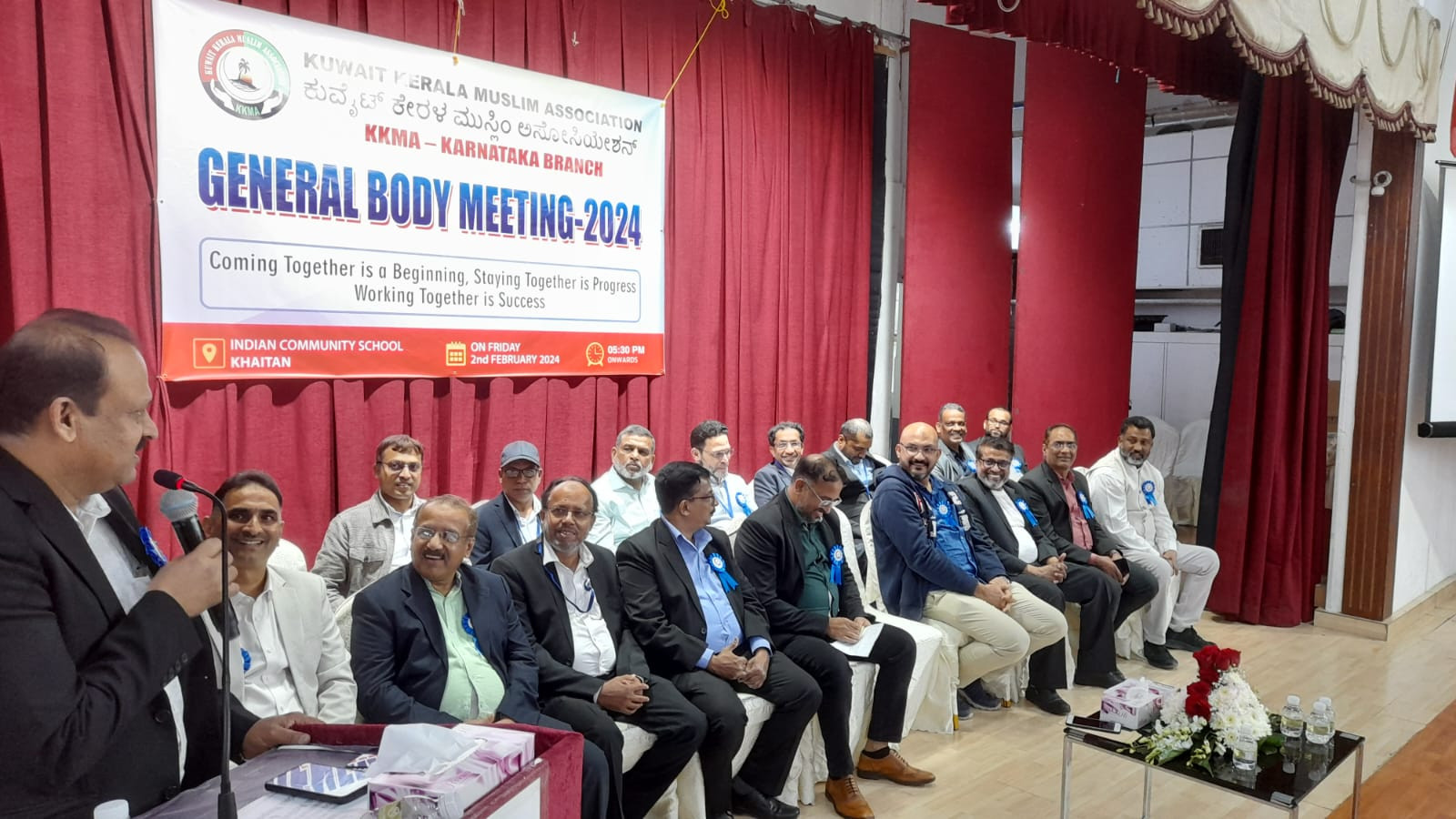
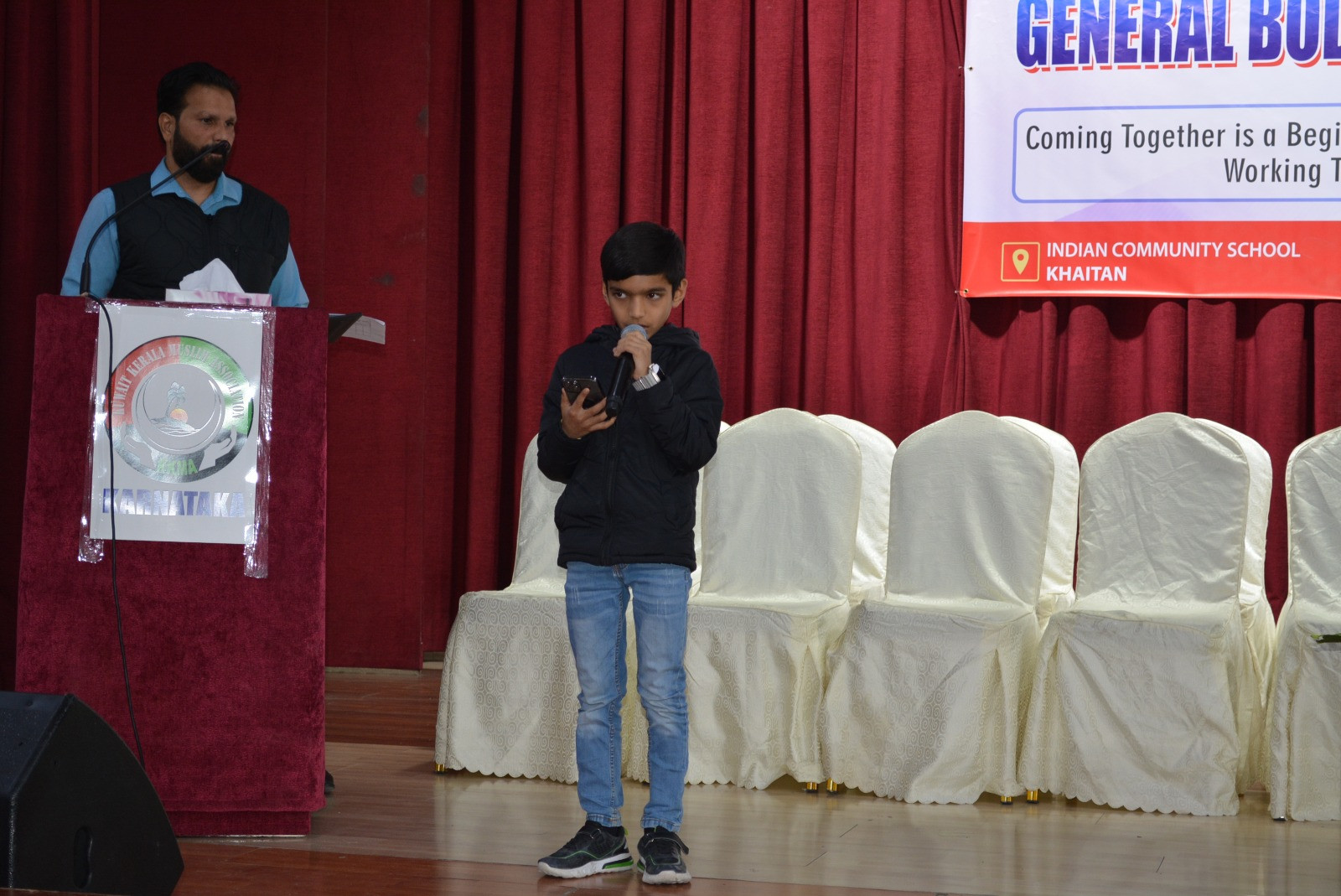
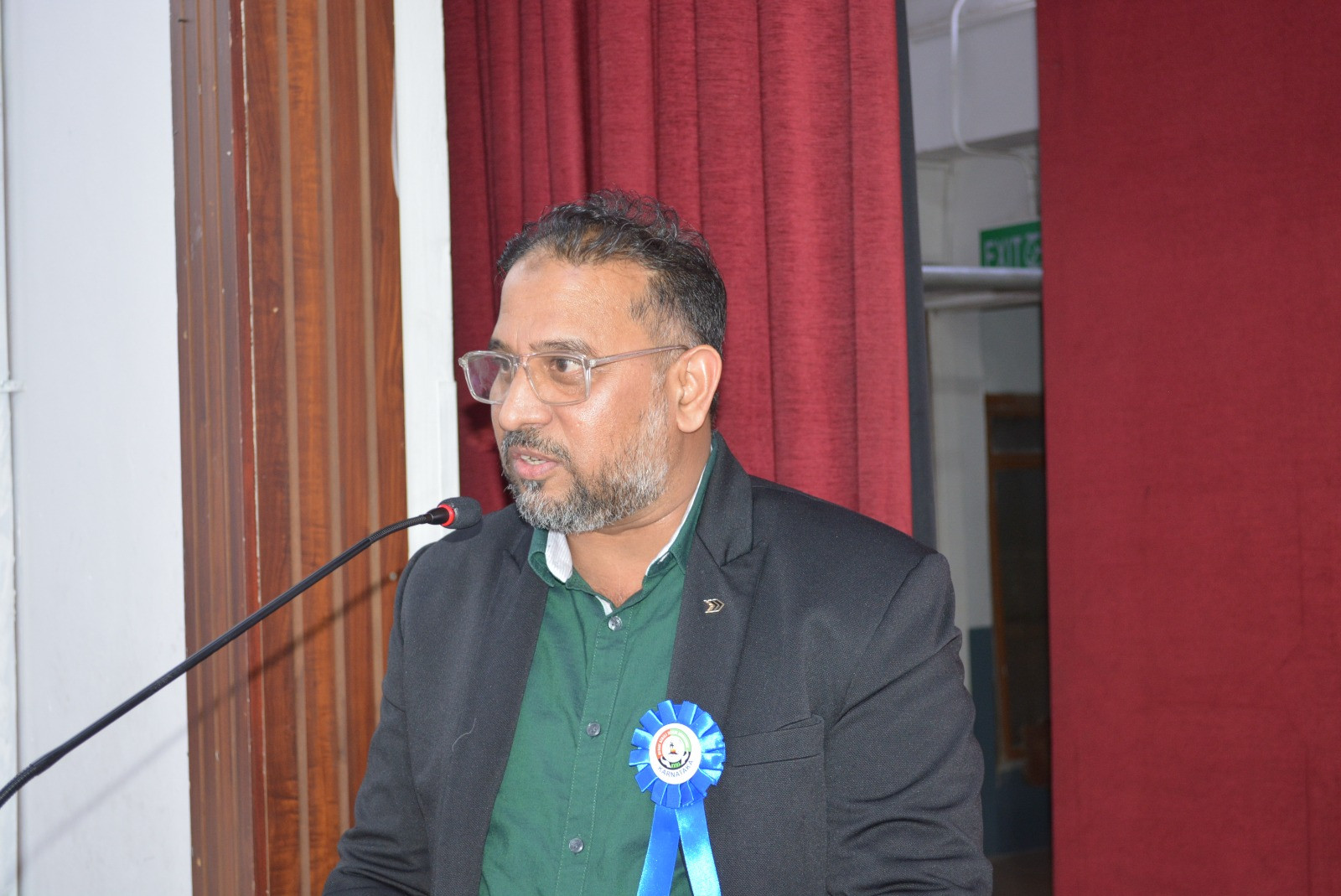
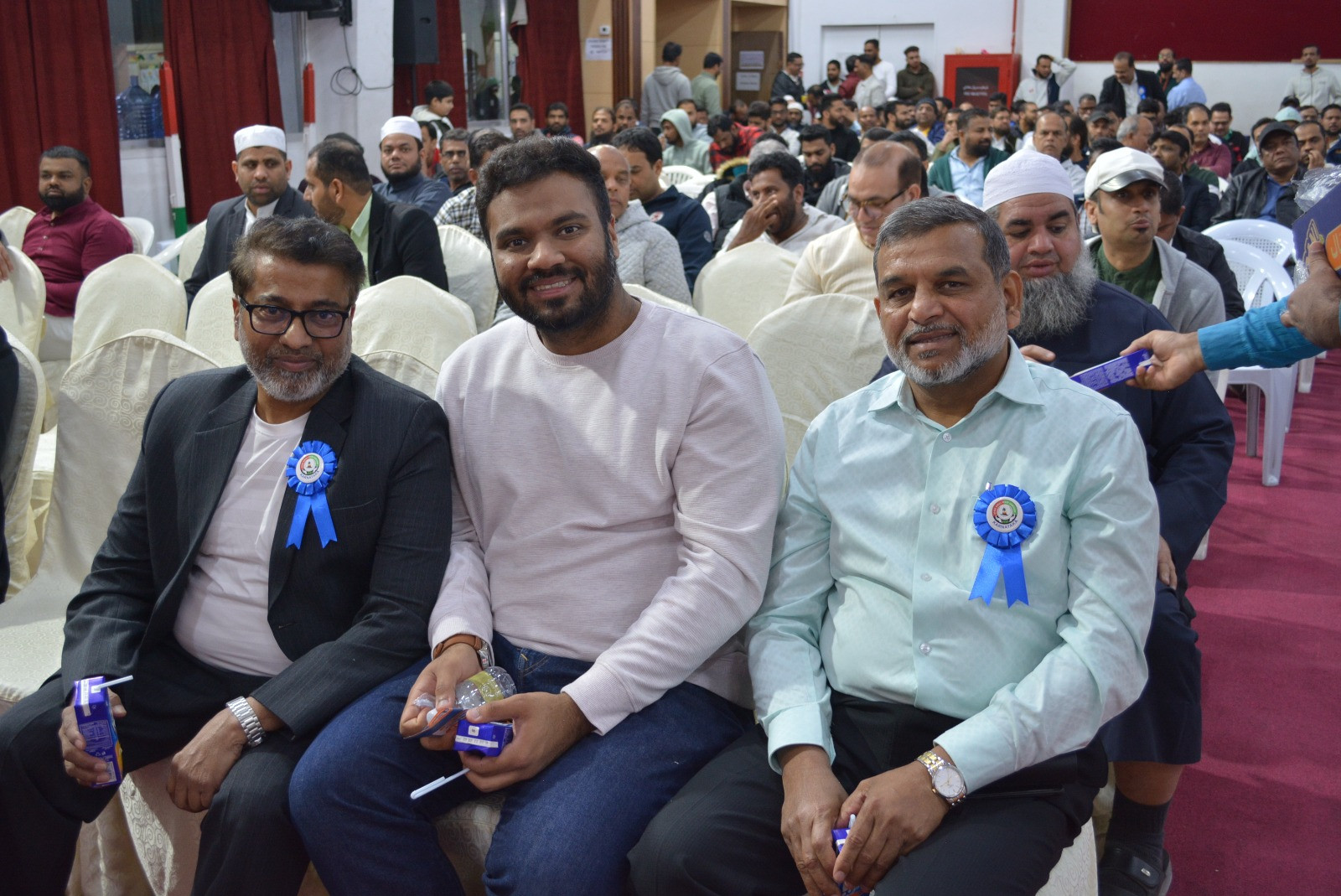
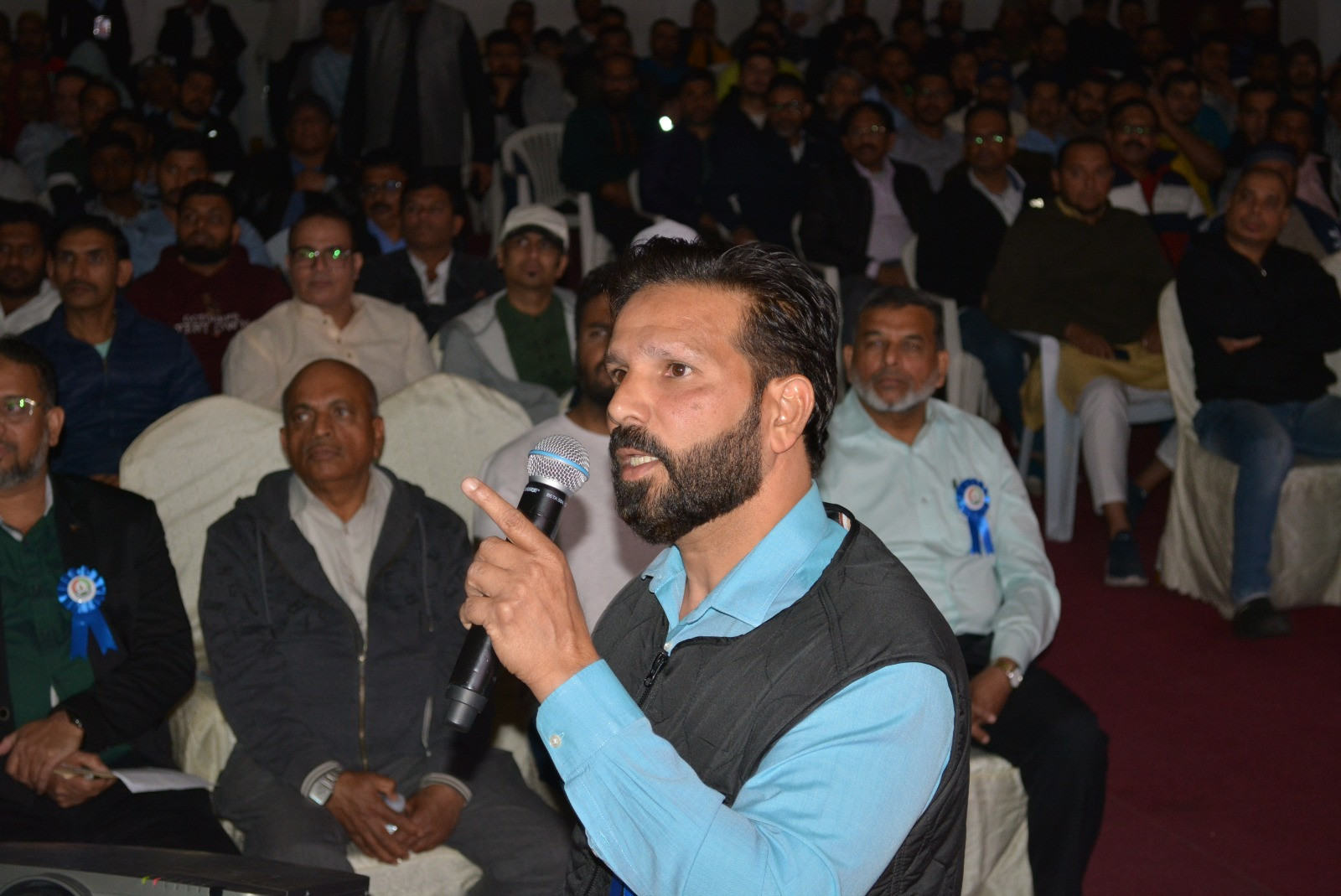
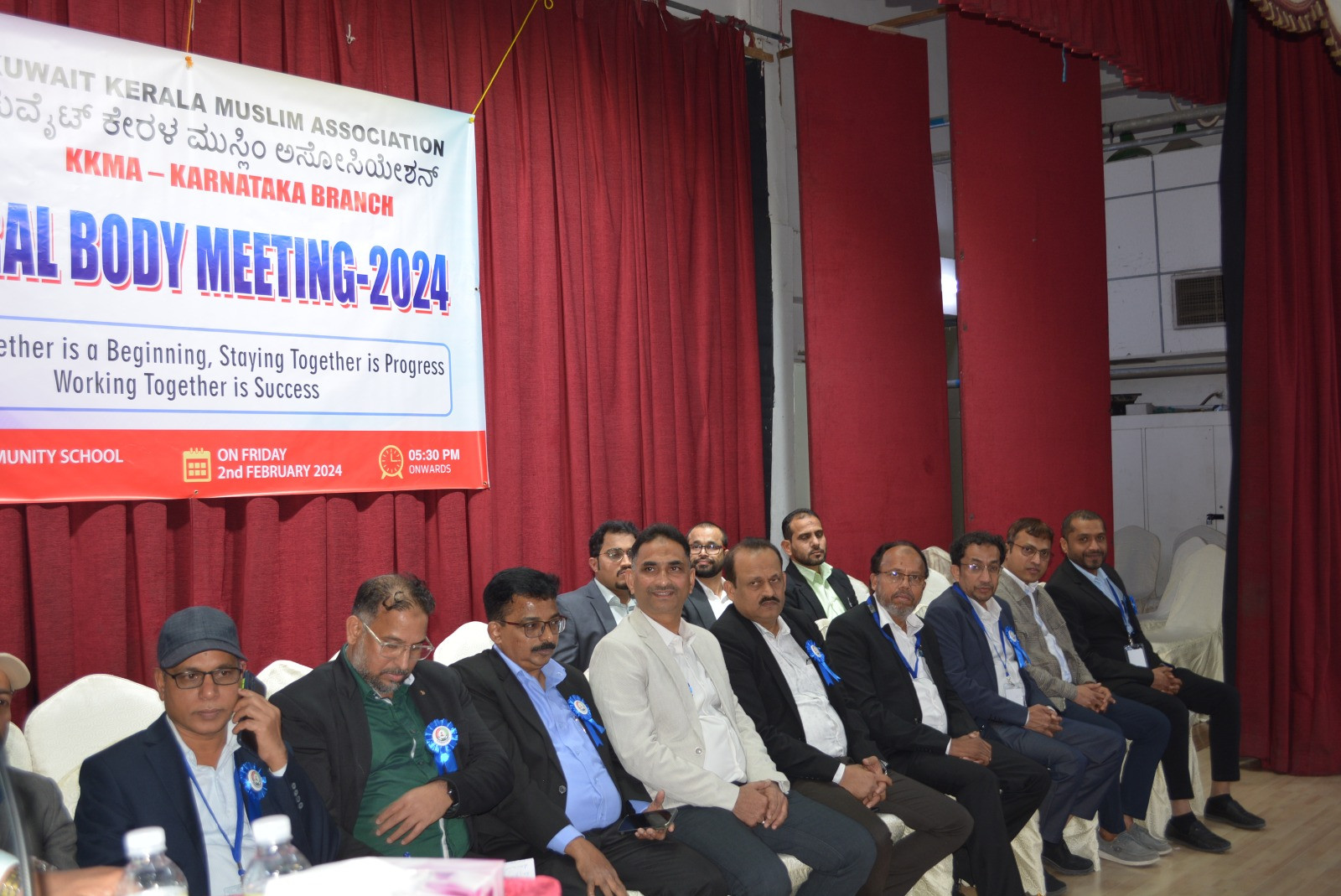
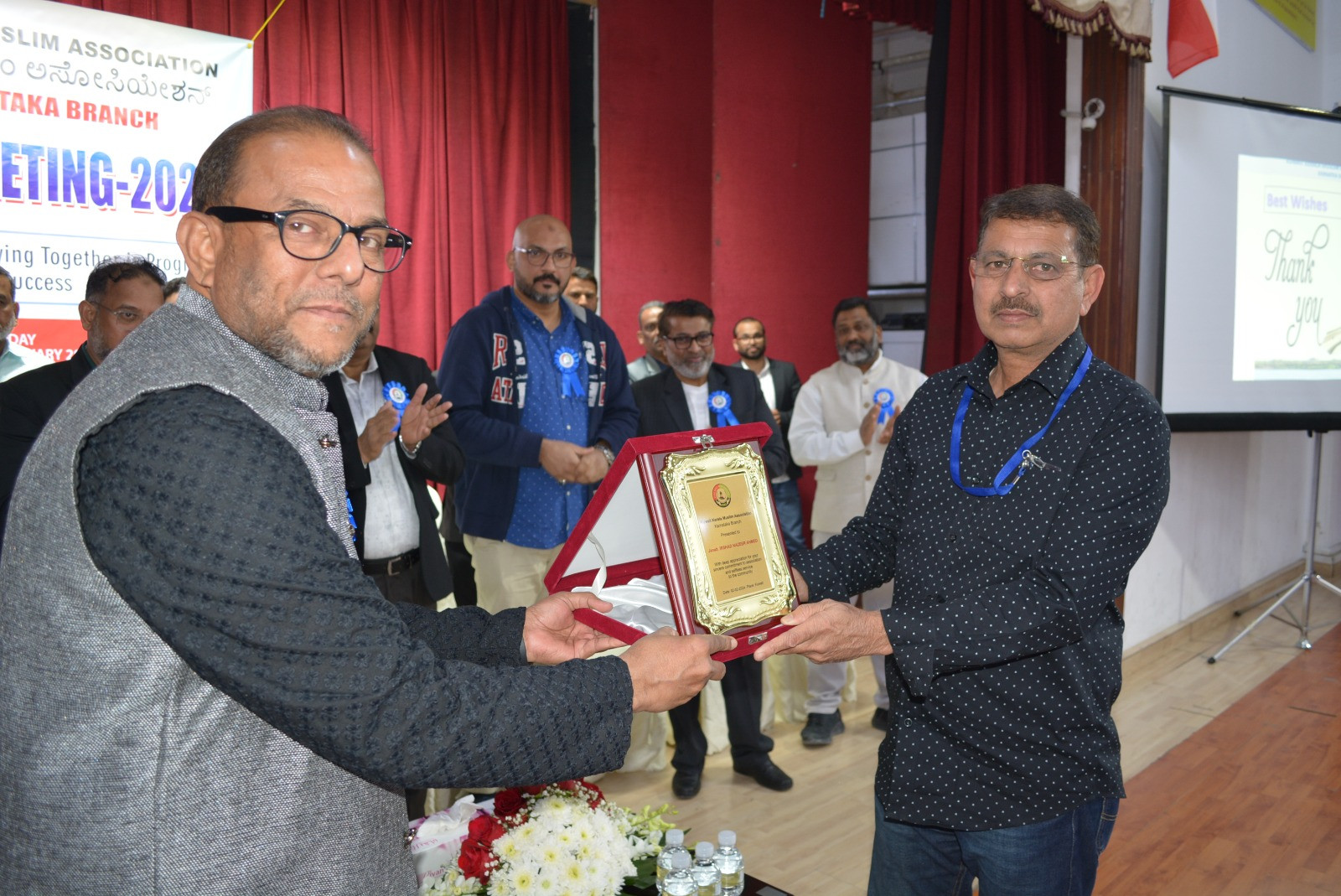
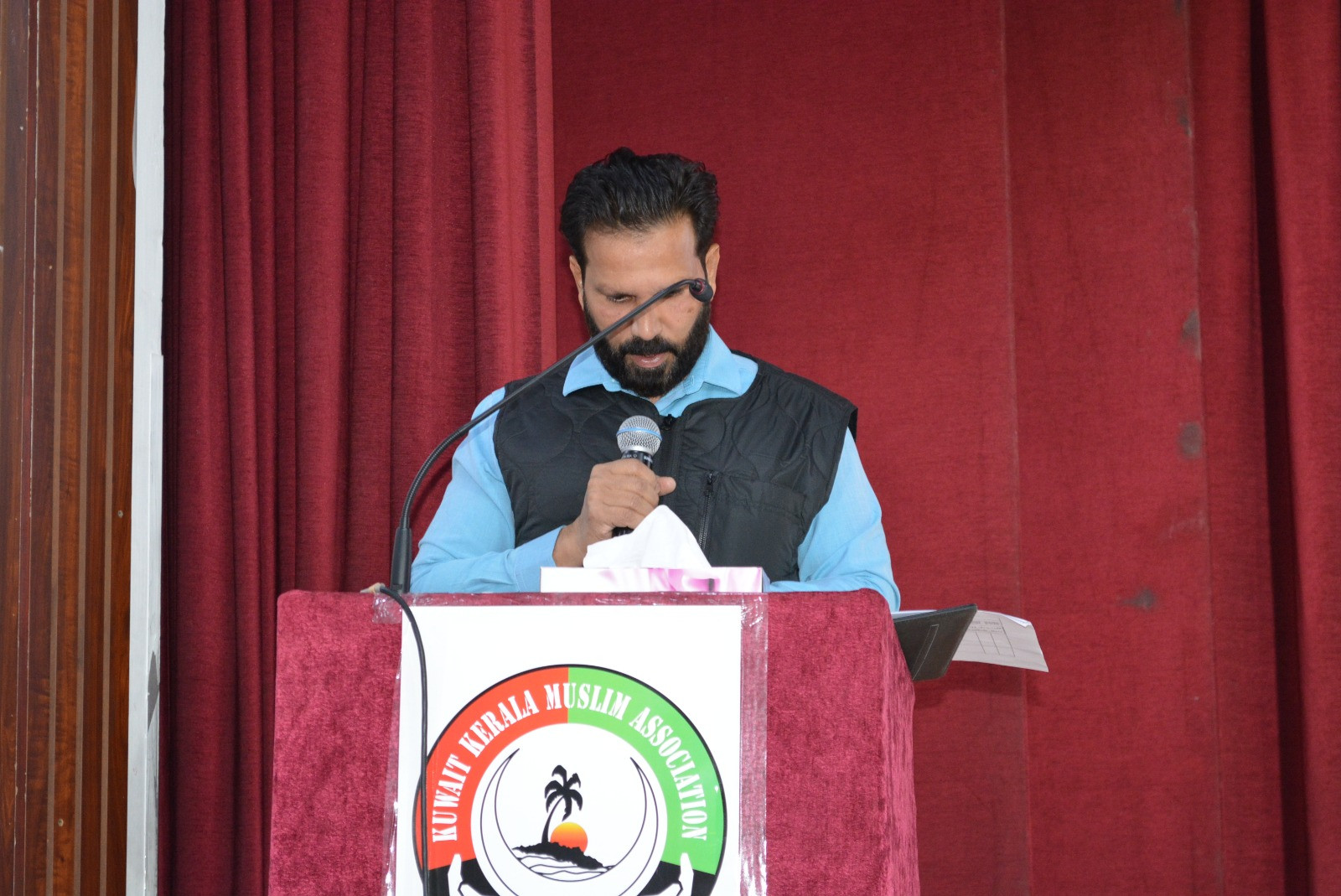
Let the Truth be known. If you read VB and like VB, please be a VB Supporter and Help us deliver the Truth to one and all.
Melbourne (PTI): Former Australian hockey player Michael Nobbs, who coached the Indian men's team at the 2012 London Olympics, has died after a prolonged illness.
He was 72 years old and is survived by his wife Lee Capes, a former Australian women's international and daughter Kaitlin, who is a current Hockeyroos star.
"Hockey Australia extends its deepest condolences to Michael’s family, friends, former teammates, players and all those whose lives and careers were shaped by his contribution to hockey. He will be remembered as a proud Kookaburra, a respected professional, and a servant of the sport," Hockey Australia said in a statement.
Nobbs represented Australia as a defender, playing across the half-back line and at fullback, and was renowned for his reliability, fitness and professionalism. He earned 76 international caps for Australia between 1979 and 1985, scoring one goal, and was a member of one of the strongest eras in Australian men’s hockey, said Hockey Australia on its website in its tribute.
Nobbs was an integral part of the Australian teams that competed at the 1981 Hockey World Cup in Bombay and the 1984 Los Angeles Olympics.
While part of a generation widely regarded as one of Australia’s finest, he consistently held his place through hard work, discipline and trust earned from teammates and coaches, Hockey Australia wrote.
Nobbs took over the coaching of the Indian men's team in 2011 after it had failed to qualify for the Beijing Games in 2008. While India were brilliant in the qualifiers, the team finished last at the London extravaganza which also expedited the Australian coach's sacking.
Apart from India, Nobbs also coached Japan.





